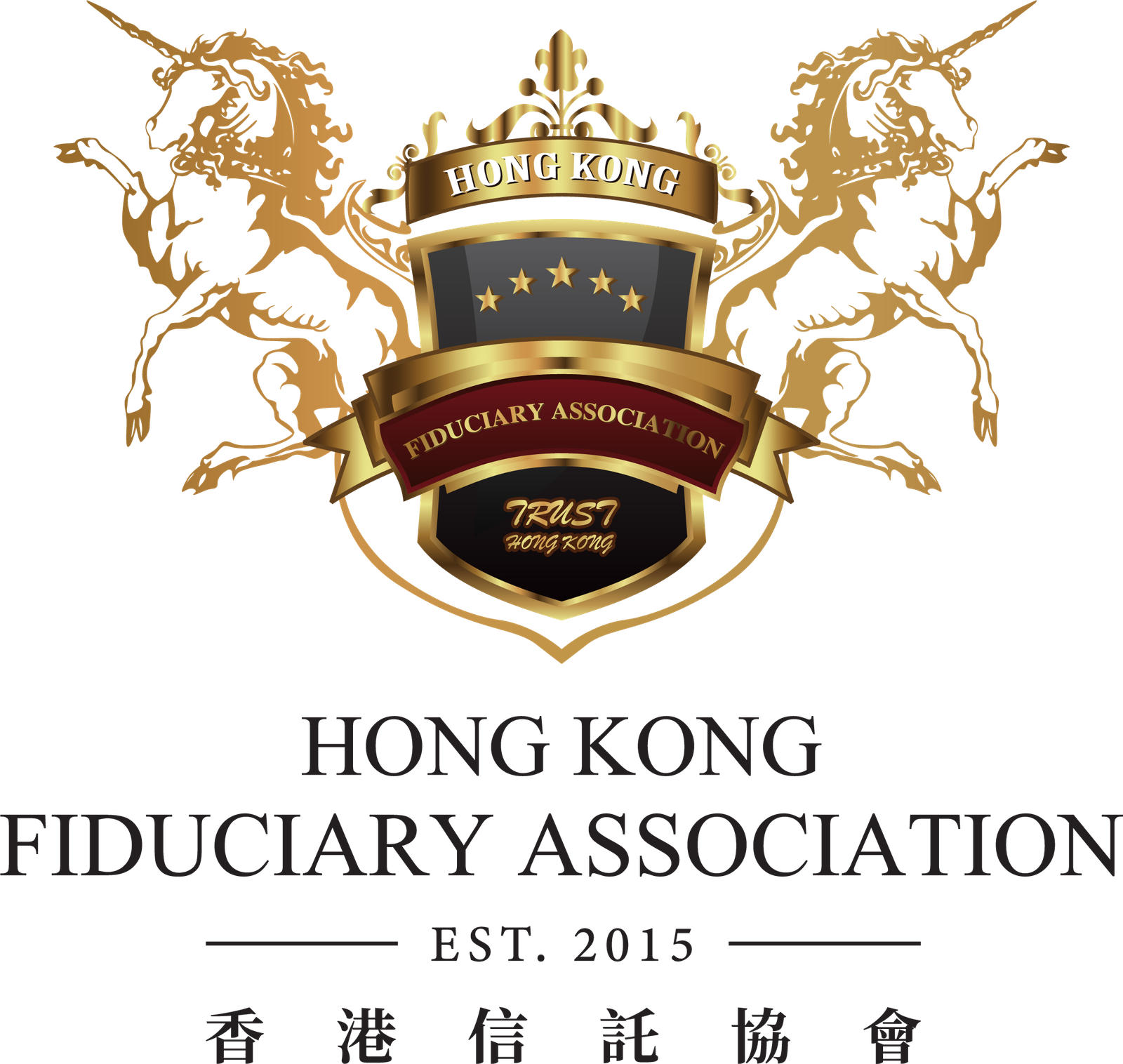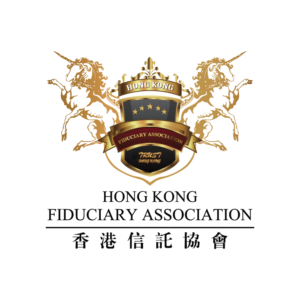The Cross-Border Inheritance Dilemma
High-net-worth families increasingly hold assets, businesses, and property across multiple jurisdictions. As a result, when it comes to succession, this creates complex legal exposure. Different countries apply conflicting inheritance laws, forced heirship rules, or tax obligations that may override personal wishes.
Standard wills often fail to address cross-border scenarios effectively. Consequently, assets located abroad may trigger unexpected legal challenges, probate delays, or forced distribution patterns under foreign law.
Forced Heirship and Jurisdictional Conflict
In some countries, forced heirship laws dictate mandatory shares for certain heirs, regardless of the settlor’s wishes. Furthermore, Sharia-based jurisdictions apply their own inheritance formulas. Tax authorities may impose inheritance or estate taxes on foreign-held property.
Without careful planning, wealth intended for designated beneficiaries may be diluted, contested, or diverted by local statutes. In many cases, this leads to court disputes or significant tax leakage.
How Hong Kong Trusts Centralise Succession Logic
Fortunately, a properly structured Hong Kong trust allows settlors to bypass conflicting national rules by placing all targeted assets under a single legal structure governed by common law principles:
Trust assets are held outside the personal estate.
The trust deed defines who receives assets, when, and under what conditions.
Probate processes are avoided entirely for trust-held assets.
Beneficiaries receive distributions according to pre-agreed instructions, not government formulas.
By isolating assets within a Hong Kong trust, families centralise control and simplify succession, regardless of where heirs or assets are physically located.
Scenario: Dubai Family with Global Exposure
Consider a Dubai-based entrepreneur who holds property in London, business interests in Singapore, investment accounts in Switzerland, and children studying in multiple countries. He creates a Hong Kong trust, transferring international holdings into trustee-managed entities.
When the settlor passes, the trustee distributes assets according to the terms of the trust deed. Therefore, UK inheritance tax, forced heirship claims, or cross-border probate conflicts do not interfere. The structure creates seamless, private wealth transition across generations.
Role of Trustees in Cross-Border Coordination
Hong Kong trustees manage:
Legal title across multiple jurisdictions
Tax compliance in host countries
Distribution logistics based on beneficiary residence
Communication with global tax advisors, legal counsel, and family offices
As a result, their professional obligations ensure that even complex, multi-country holdings can be administered smoothly under a single structure.
Unifying Global Succession Under One Structure
For globally mobile families, fragmented inheritance laws create legal minefields. Hong Kong trusts consolidate wealth into a single, enforceable legal framework. Therefore, jurisdictional conflicts are overridden, probate is eliminated, and family wealth transfer proceeds according to precise instructions — globally, across generations.

 Chinese (Simplified)
Chinese (Simplified)




